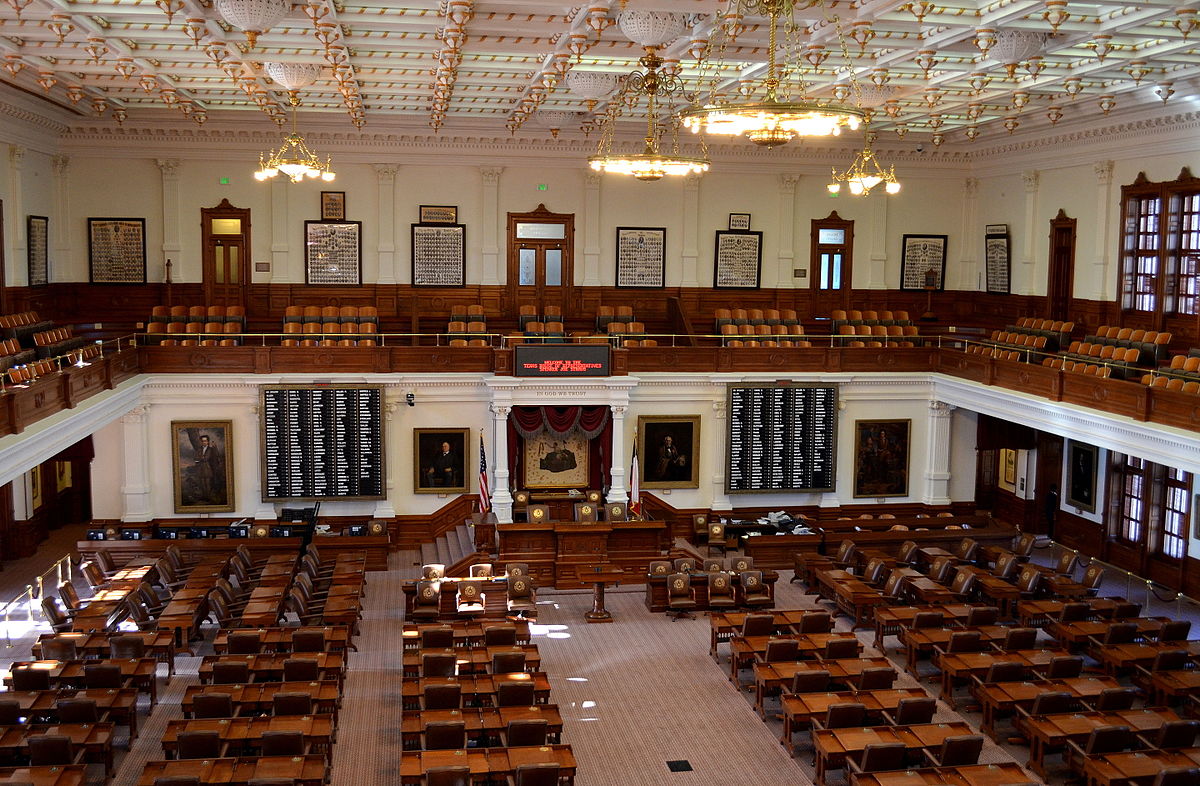The Texas State Legislature took the final votes needed to send four constitutional amendments to the Nov. 4 ballot this week.
Texas will be the 15th state to decide on a constitutional amendment prohibiting noncitizens from voting in state elections. From 2018 to 2024, voters approved 14 ballot measures related to citizenship voting requirements. In 2026, Arkansas, Kansas, and South Dakota will be deciding on similar amendments. Currently, the District of Columbia and municipalities in California, Maryland, and Vermont allow noncitizens to vote in local elections. The federal government prohibits noncitizens from voting in federal elections.
Texans will also be deciding on an amendment to establish the Dementia Prevention and Research Institute of Texas with a $3 billion allocation from the general fund. The institute would be responsible for awarding grants to research the causes and treatments for dementia,
Alzheimer’s disease, Parkinson’s disease, and related disorders. The Texas Medical Association, Texas Assisted Living Association, Alzheimer’s Association, Baylor Scott & White Health, and AARP of Texas registered in support of the amendment. Texas Right to Know registered in opposition to the resolution.
Voters will also be deciding on an amendment to prohibit the state legislature from enacting laws imposing taxes on a decedent's property or the transfer of an estate, inheritance, legacy, succession, or gift. During the 2015 legislative session, the state legislature effectively repealed the state’s existing death tax with the passage of Senate Bill 752. The federal government imposes an estate tax ranging from 18.0% to 40.0% of the inherited amount. Twelve states and the District of Columbia also levy an estate tax, and six impose an inheritance tax. Maryland is the only state that imposes both.
The other amendment referred to Texas ballots would establish a property tax exemption on animal feed held by the owner of the property for retail sale. The enabling legislation, House Bill 1399, also passed this week and would take effect if the amendment passes in November.
The four amendments certified this week bring the total number of constitutional amendments on the 2026 ballot in Texas to six. The state legislature has until June 2, when it adjourns, to place additional measures on the ballot. The state legislature previously voted to refer two amendments to the ballot. Both amendments would prohibit certain taxes—one would prohibit a tax on the realized or unrealized capital gains of an individual, family, estate, or trust, and the other would prohibit taxes on entities that enter into transactions conveying securities or on certain securities transactions.
In Texas, a two-thirds supermajority vote is required in both chambers to qualify an amendment for the ballot, which amounts to 100 votes in the state House and 21 votes in the state Senate. Republicans control the state legislature but do not have a supermajority, which means Democratic support is required to place any amendment on the ballot. For the amendments with published vote totals, Democratic support ranged from 40.7% to 84.4%, while Republican support ranged from 96.3% to unanimous support.
As of May 13, 287 constitutional amendments were filed in the state legislature. This is slightly lower than the 297 amendments proposed in 2023, which ultimately featured 14 amendments on the ballot—the most since 2007.
Since the adoption of the Texas Constitution in 1876, Texans have decided on 711 ballot measures, all constitutional amendments—approving 530 and defeating 181 measures.



